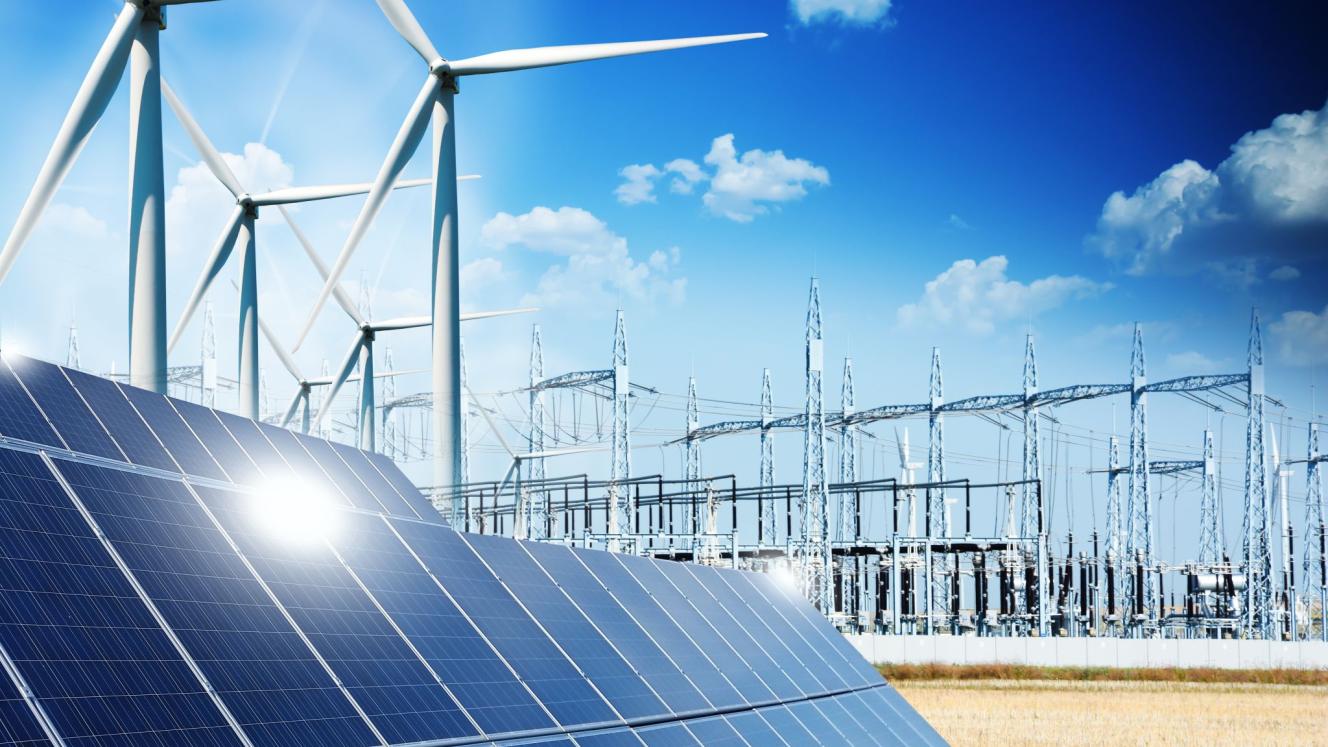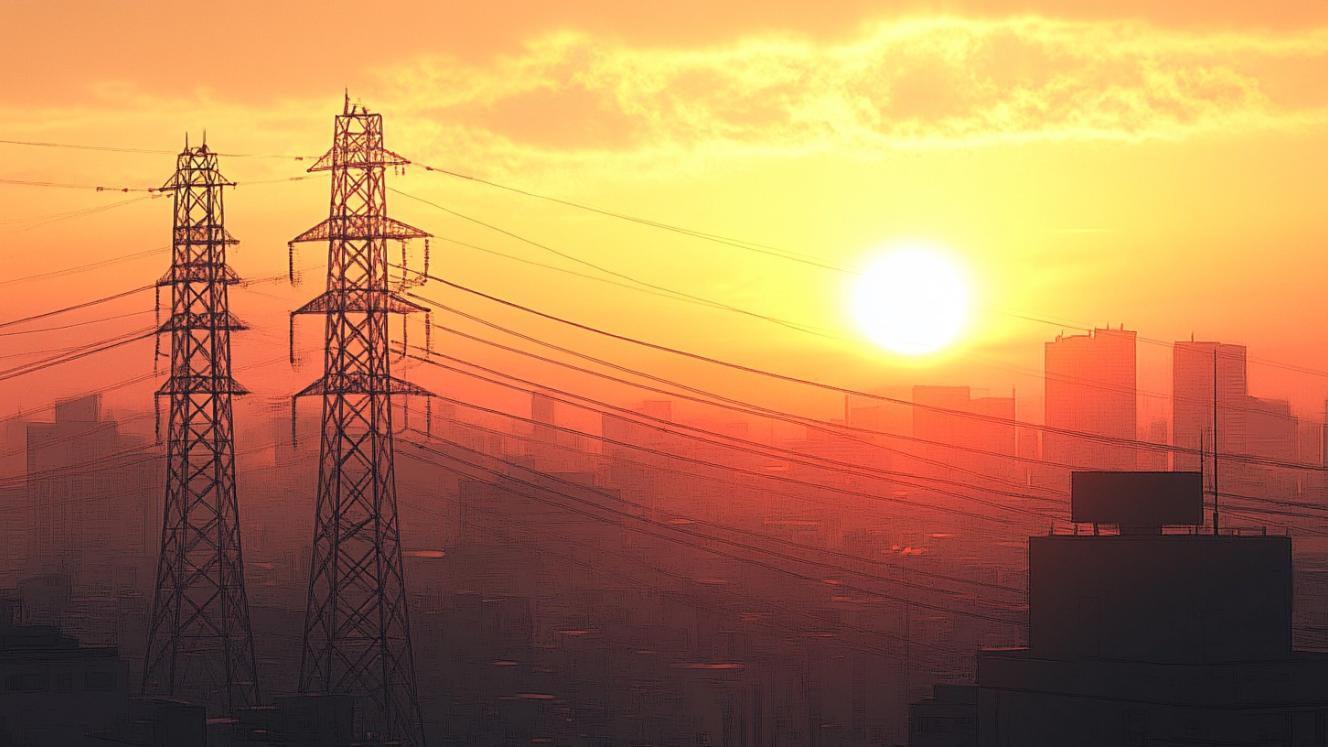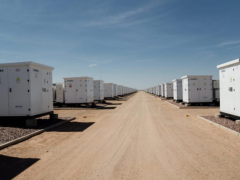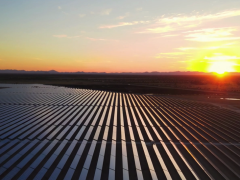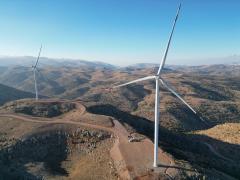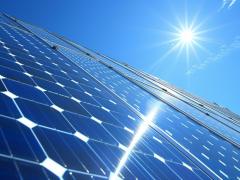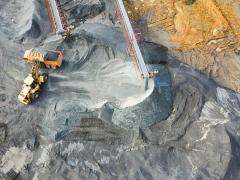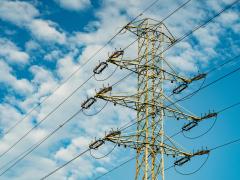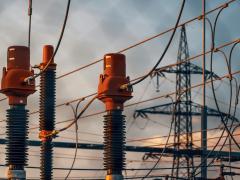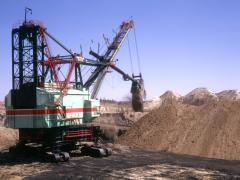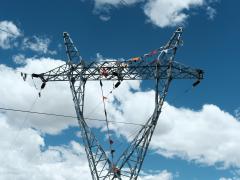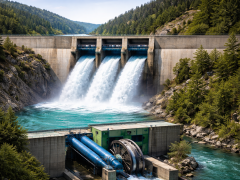by Roger Lilley, Energize
On 6 April 2023, the minister of mineral resources and energy, Gwede Mantashe, in consultation with the national energy regulator, Nersa, announced his determination to procure an additional 14 771 MW of electricity to address the country’s dire electricity shortage.
This additional power is to be generated from renewable energy sources by private power producers. The minister announced, through the publication of Government Gazette No. 48402, dated 6 April 2023, that 3940 MW from solar PV, 9600 MW from wind, and 1231 MW of energy storage would be procured.
South Africa's REIPPPP (Renewable Energy Independent Power Producer Procurement Programme) is a government-led programme that aims to promote the development of renewable energy sources in South Africa. The programme was launched in 2011 and has been very successful in attracting private investment into the country's renewable energy sector.
The REIPPPP is a competitive bidding process where independent power producers (IPPs) submit proposals to the government to develop and operate renewable energy projects. The government then selects the most competitive proposals and signs long-term power purchase agreements (PPAs) with the successful bidders.
The programme has several objectives, including reducing South Africa's reliance on fossil fuels, reducing greenhouse gas emissions, promoting economic development and job creation, and increasing energy security. The programme has been successful in achieving these objectives and has attracted significant investment into the country's renewable energy sector, which has helped to reduce the cost of renewable energy and increase its share of the country's energy mix.
As of 2021, the REIPPPP has facilitated the development of over 6000 MW of renewable energy capacity, including wind, solar, and hydroelectric projects. The programme has also been successful in creating jobs, with over 38 000 jobs created in the renewable energy sector since the programme's inception.
Bids for Round 6 were received in October 2022, and these projects are yet to be constructed and power to be provided. The announcement of the opening of bid Window 7 could be expected soon.
The latest determination enforces the same “single buyer” rule – meaning that only Eskom can buy the power from the independent power producers. That is a pity since it raises the problem of grid capacity again. It would be good if at least some of the IPPs could be free to sell their power directly to end users – especially mines and heavy industry – without having to go via Eskom.
Although there have been some naysayers regarding the value of renewable energy, the fact that the REIPPPP is an ongoing programme is encouraging. It means that new renewable energy projects will still be developed and added to the grid. The South African government’s integrated resource plan for electricity, the IRP2019-2030, has set a target of generating 26 000 MW from renewable energy by 2030, plus 5000 MW of storage.
This would allow the decommissioning and closure of some of the most unreliable coal-fired power stations. At the same time, it has been reported that the minister of electricity will recommend that the ANC’s National Executive Committee consider selling some of Eskom’s power stations to the private sector.
Should this come to pass, it is likely that those stations would be converted from coal to some other fuel source.
